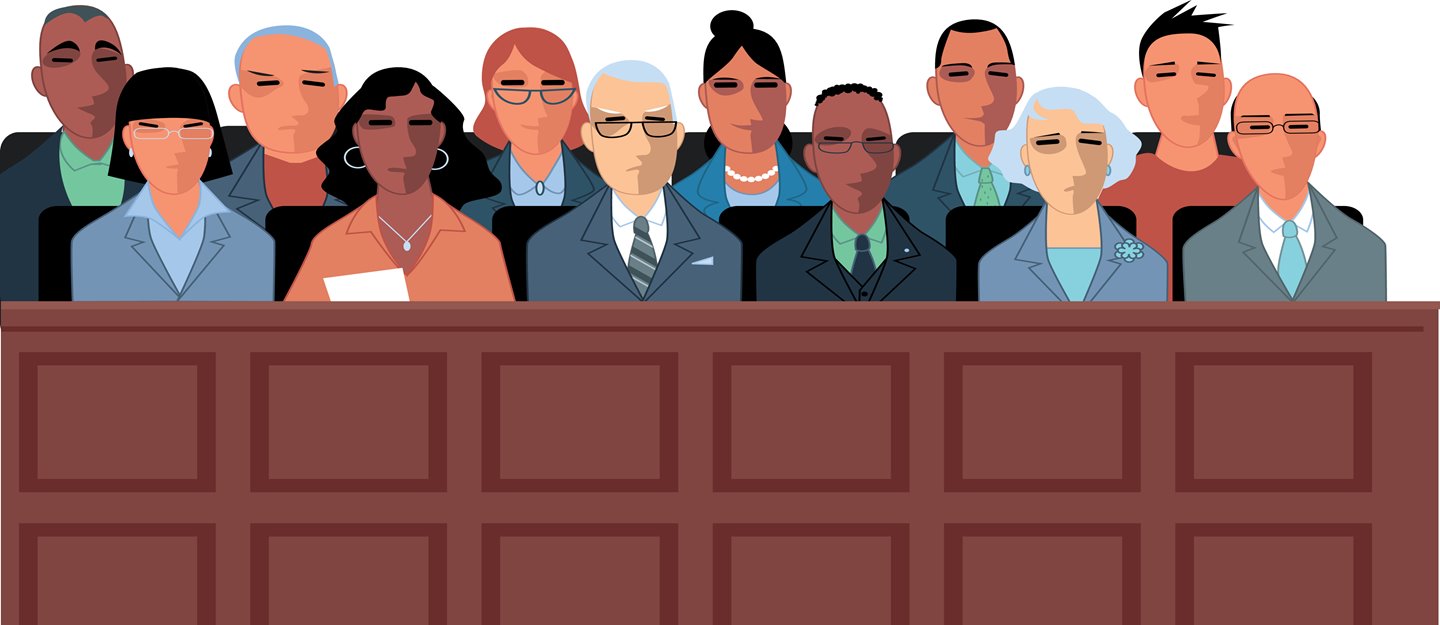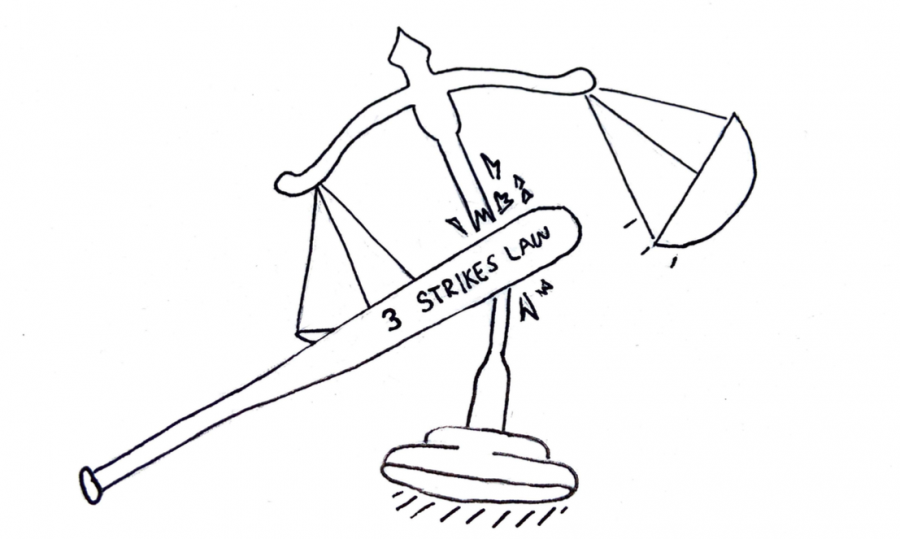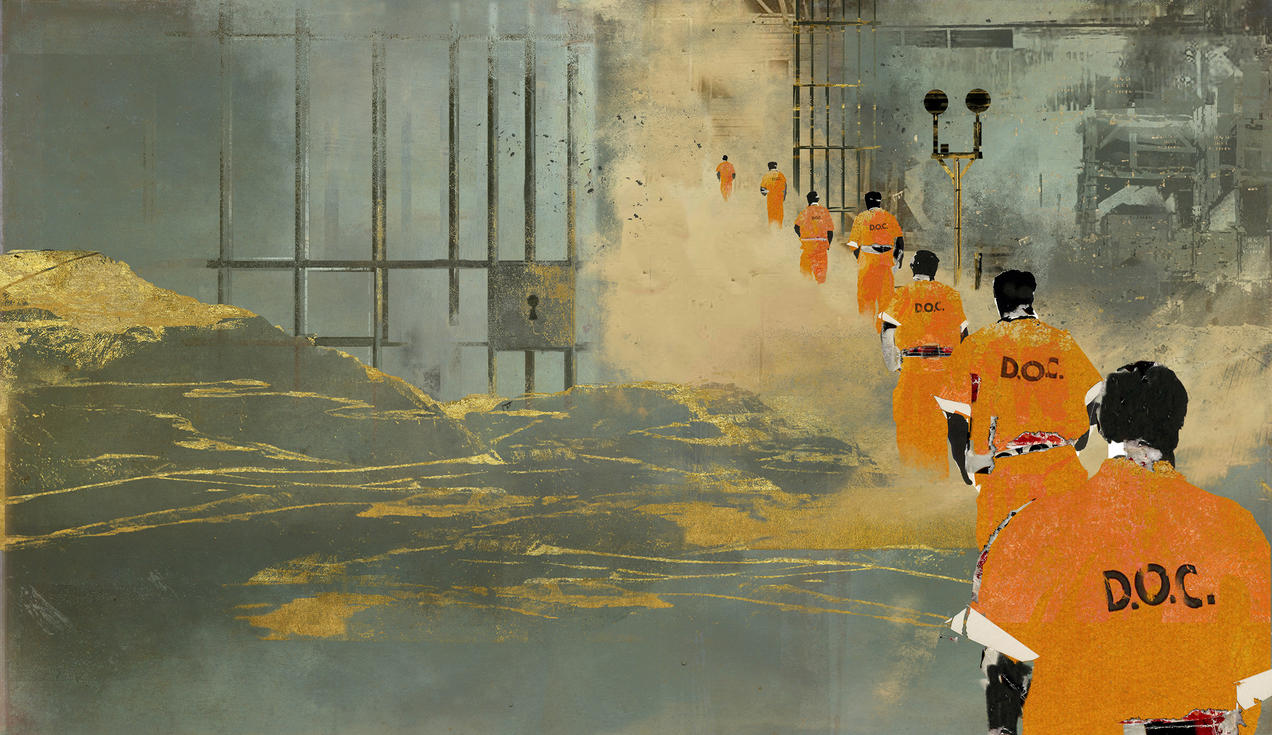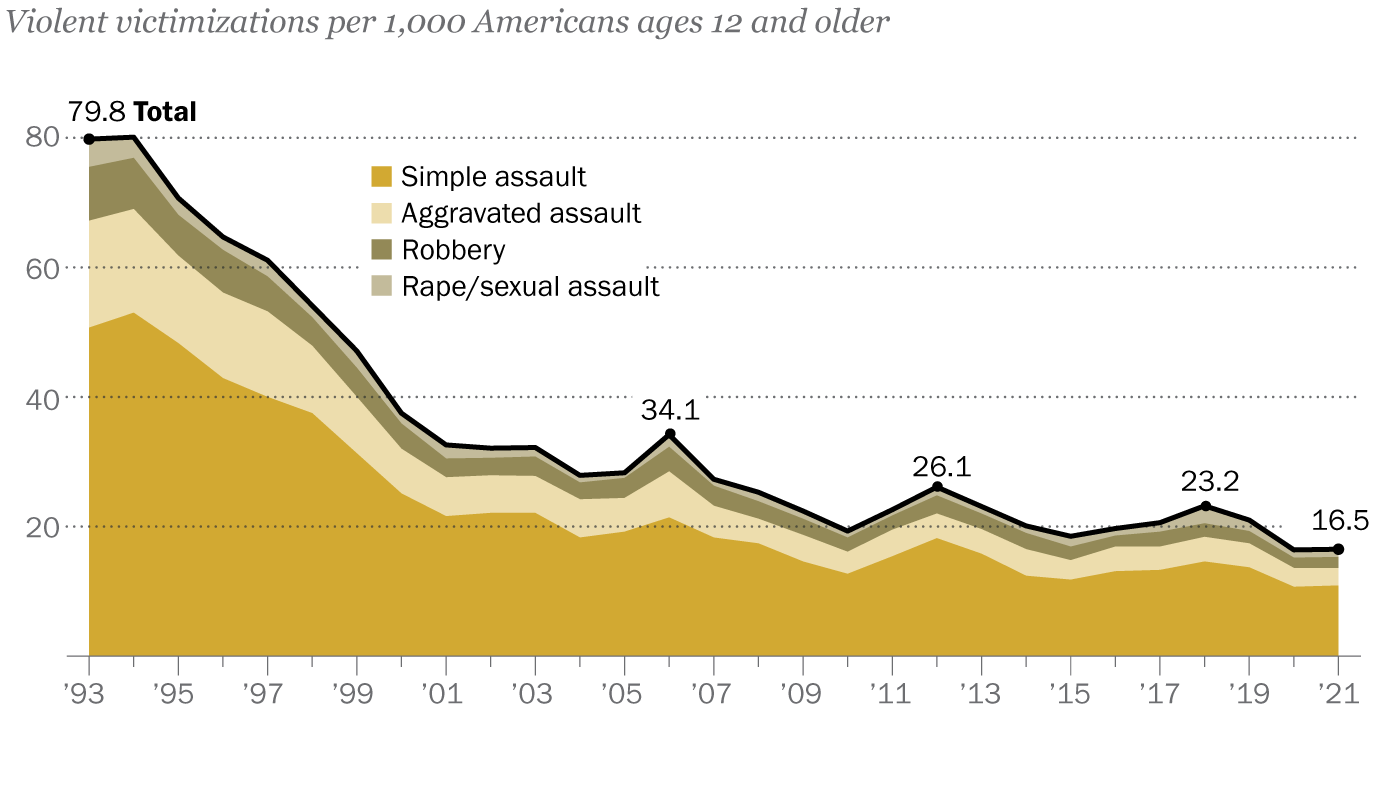
Photo courtesy of AP Photo/Jacquelyn Martin
Excellent working paper brief by Sentencing Reform Counsel Liz Komar discusses how the expanding encroachment of federal criminal law on traditionally local offenses threatens justice, equity, and local democracy.
WHY IS FEDERAL INTRUSION INTO LOCALIZED CRIMES PROBLEMATIC?
In her brief, Komar writes that over-federalization can lengthen sentences and increase incarceration because federal sentences tend to be longer and carry higher mandatory minimums than their state counterparts. Furthermore, over-federalization may also result in arbitrary and racially disparate sentencing outcomes for similarly situated defendants. Finally, overly broad federal laws can be wielded by federal authorities to usurp the power of locally elected officials or to suppress protest. This comes as a significant infringement on democracy.
WHAT ARE THE SOLUTIONS?
Rather than allow the encroachment of federal criminal law on traditionally local offenses, Ms. Komar’s brief suggests that federal lawmakers and leaders should do the following:
- Respond to constituent concerns about crime by investing in community-based solutions, rather than with duplicative federal criminal statutes. Investment in evidence-based interventions like gun violence prevention and programs focusing on preventing youth crime and overdose reduction can respond to the underlying concerns of constituents.
- Limit interventions by federal prosecutors in traditionally local offenses, particularly in the context of successive prosecutions (prosecutions in which individuals are prosecuted by both the local and federal authorities), or when there is conflict regarding a duly elected local prosecutor’s lawful exercise of discretion.
- Abolish federal mandatory minimums. Federalizing local offenses tends ultimately to lengthen sentences because of the longer mandatory minimums at play in the federal system.
- Improve the federal criminal legislative drafting process by requiring judiciary committee oversight of every bill proposing criminal offenses or penalties.
- Repair the past harms of over-federalization through retroactive sentencing reforms. Some federal mandatory minimums, such as those involving crack cocaine or unlawful possession of a firearm, have played an outsize role in deepening racial disparities and lengthening sentences. Retroactive resentencing laws are a means of addressing these harms, reducing excess incarceration, and strengthening communities.
My opinion? Ms. Komar’s proposed reforms could help to halt the expansion of over-federalization. They can also reduce the unnecessary harm of overlapping and largely duplicative offenses.
Criminal conduct often falls under the jurisdiction of both state and federal laws. Take drug trafficking as an example. If someone brings illegal drugs into the U.S. from abroad, federal laws covering international drug smuggling come into play. But if that person intends to distribute those drugs within a particular state, they’ve also violated state drug laws. In such cases, it’s not just possible—it’s likely—that both federal and state prosecutors will be interested in the case.
These overlapping offenses give prosecutors significant discretion, especially when the crime crosses state lines or involves larger federal interests, like bank security or interstate commerce. This overlap makes the dual prosecution landscape much more common than most people realize.
Please contact my office if you, a friend or family member are charged with a crime. Hiring an effective and competent defense attorney is the first and best step toward justice.














